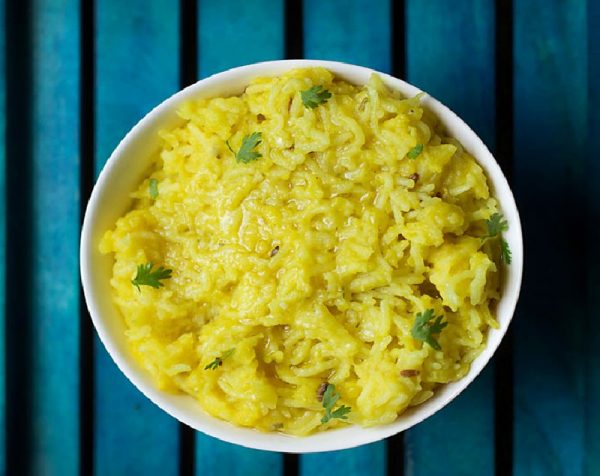
WHO: Nutrition and Food Recommendation for Adults Post Covid-19 Recovery
Post Covid-19 patients who return home must consider taking nutrient rich food. At hospital care takers will give nutrient and calorie rich food that helps to bring energy back. After returning home what should be the diet and what can be eaten and what cannot be? To answer the question World Health Organization has given instructions which helps people to recover and gain strength as well as immunity back – Healthy Life
Proper nutrition and hydration are vital. People who eat a well-balanced diet tend to be healthier with stronger immune systems and lower risk of chronic illnesses and infectious diseases. So you should eat a variety of fresh and unprocessed foods every day to get the vitamins, minerals, dietary fiber, protein and antioxidants your body needs. Drink enough water. Avoid sugar, fat, and salt to significantly lower your risk of overweight, obesity, heart disease, stroke, diabetes, and certain types of cancer.
Eat fresh and unprocessed foods every day
- Eat fruits, vegetables, legumes (e.g. lentils, beans), nuts and whole grains (e.g. unprocessed maize, millet, oats, wheat, brown rice or starchy tubers or roots such as potato, yam, taro or cassava), and foods from animal sources (if you are non-vegetarian).
- Daily, eat: 2 cups of fruit (4 servings), 2.5 cups of vegetables (5 servings), 180 g of grains, and 160 g of beans.
- For snacks, choose raw vegetables and fresh fruit rather than foods that are high in sugar, fat or salt.
- Do not overcook vegetables and fruit as this can lead to the loss of important vitamins.
- When using canned or dried vegetables and fruit, choose varieties without added salt or sugar.
Drink enough water every day
- Water is essential for life. It transports nutrients and compounds in blood, regulates your body temperature, gets rid of waste, and lubricates and cushions joints.
- Drink 8–10 cups of water every day.
- Water is the best choice, but you can also consume other drinks, fruits and vegetables that contain water, for example lemon juice (diluted in water and unsweetened), tea and coffee. But be careful not to consume too much caffeine, and avoid sweetened fruit juices, syrups, fruit juice concentrates, fizzy and still drinks as they all contain sugar.
Eat moderate amounts of fat and oil
- Consume unsaturated fats (e.g. found in fish, avocado, nuts, olive oil, soy, canola, sunflower and corn oils) rather than saturated fats.
- Where possible, opt for low-fat or reduced-fat versions of milk and dairy products.
- Avoid industrially produced trans fats. These are often found in processed food, fast food, snack food, fried food, frozen pizza, pies, cookies, margarines, and spreads.
Eat less salt and sugar
- When cooking and preparing food, limit the amount of salt and high-sodium condiments (e.g. soy sauce and fish sauce).
- Limit your daily salt intake to less than 5 g (approximately 1 teaspoon), and use iodized salt.
- Avoid foods (e.g. snacks) that are high in salt and sugar.
- Limit your intake of soft drinks or sodas and other drinks that are high in sugar (e.g. fruit juices, fruit juice concentrates and syrups, flavored milks and yogurt drinks).
- Choose fresh fruits instead of sweet snacks such as cookies, cakes and chocolate.
Avoid eating out
- Eat at home to reduce your rate of contact with other people and lower your chance of being exposed to COVID-19. We recommend maintaining a distance of at least 1 meter between yourself and anyone who is coughing or sneezing. That is not always possible in crowded social settings like restaurants and cafes. Droplets from infected people may land on surfaces and people’s hands (e.g. customers and staff), and with lots of people coming and going, you cannot tell if hands are being washed regularly enough, and surfaces are being cleaned and disinfected fast enough.
Information reference: http://www.emro.who.int/nutritionhttp://www.emro.who.int/nutrition
Image credit: Moong daal khichadi Flavors of Mumbai
Author: HealthyLife | Posted on: May 4, 2021
« India Fights Covid – Support pours in from countries Important Guidelines for mucormycosis Black Fungus infection in COVID-19 patients »






















Write a comment